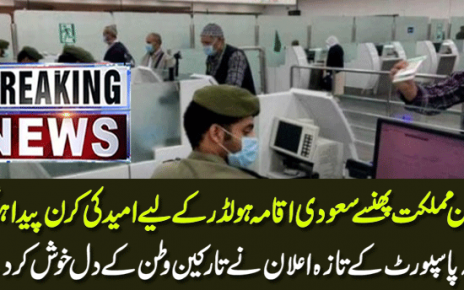The Philadelphia schools have been contracting out (likewise called privatization) many schools administrations to revenue driven organizations and not-for-profit associations for a very long time and are entering their fifth. School Reform Commissioner Daniel Whelan will contract out any help, functional or instructive, where there are suppliers ready to meet the Philadelphia schools models, as indicated by the Philadelphia Public Schools Notebook, a not-for-profit paper.School Reform Commission Chair James Nevels supports contracting in non-scholastic regions, since it permits instructors to zero in on training. The Commission has been commanded to discover approaches to work on the city’s weak schools, which incorporates contracting out training administrations. Nevels surrenders that such administrations for the Philadelphia schools have been privatized. Accomplishment of such Philadelphia schools contracts presently can’t seem not really settled. The country over, privatization of state funded school administrations has seen conflicting outcomes.

Nevels accepts that all Philadelphia schools privatization contracts require close oversight, just as intermittently reexamining where the Philadelphia schools area presently stands – is privatization working or right? Compelling oversight, nonetheless, may not be not difficult to accomplish.
Jeff Henig, educator of political theory and schooling at Columbia University, accepts that powerful oversight requires solid and fit government. On the off chance that the Philadelphia schools are under-subsidized, in the same way as other school areas the country over, they won’t have the assets to gather & screen their own information, passing on them to depend upon the information given by their project workers. However, as the quantity of suppliers develops, contest for the most part will guarantee great costs, just as quality administrations. Henig notes, nonetheless, that a significant number of the bigger suppliers have been purchasing up the more modest ones, expanding their capacity to control the market and the opposition. Subsequently, Henig recommends that the Philadelphia schools should restrict privatization to transient tasks where a set up skill exists, like updating innovation, to keep up with influence. He likewise alerts that the Philadelphia schools additionally ought to be careful about losing the ability to give any sort of administration – when they do, they are helpless before the suppliers.
Charlene Haar, leader of the Education Policy Institute, clashes. Haar noticed that reviews have shown that cutthroat business sectors truly take care of job for areas like the Philadelphia schools, since organizations take a gander at the reality & the nature of administrations. In case either are disregarded, another supplier will get the agreement.
Tune Ascher, analyst at Annenberg Institute at Brown University, raises more extensive worries about state funded school privatization in her book, “Hard Lessons: Public schools and Privatization.” Ascher accepts such reevaluating of administrations has had a negative successful upon government funded schools, refering to that less expensive isn’t in every case better. She takes note of that many privatized and contract schools will in general recruit extremely youthful instructors & have high versatility rates. Ascher further contends that low paid educators won’t really function as hard as more established, more experienced instructors, who have residency and a personal stake in their schools. As to functional administrations, she accepts the privatization will in general dispose of the incorporation of nearby local area suppliers, removing occupations from the area.
